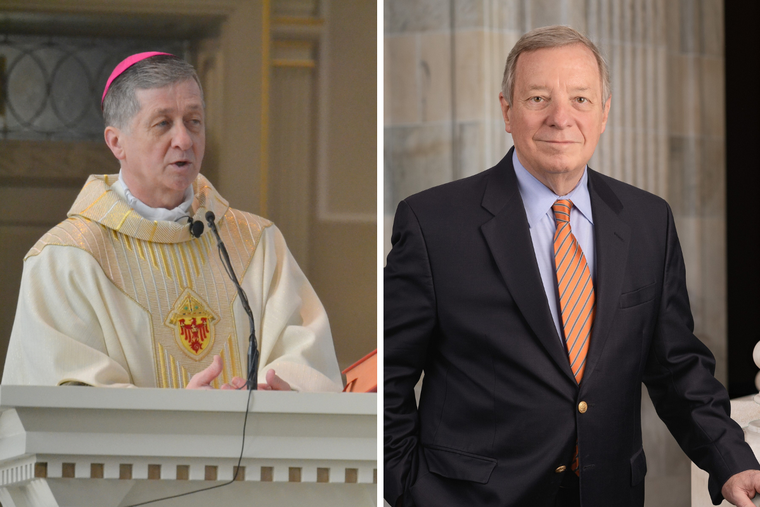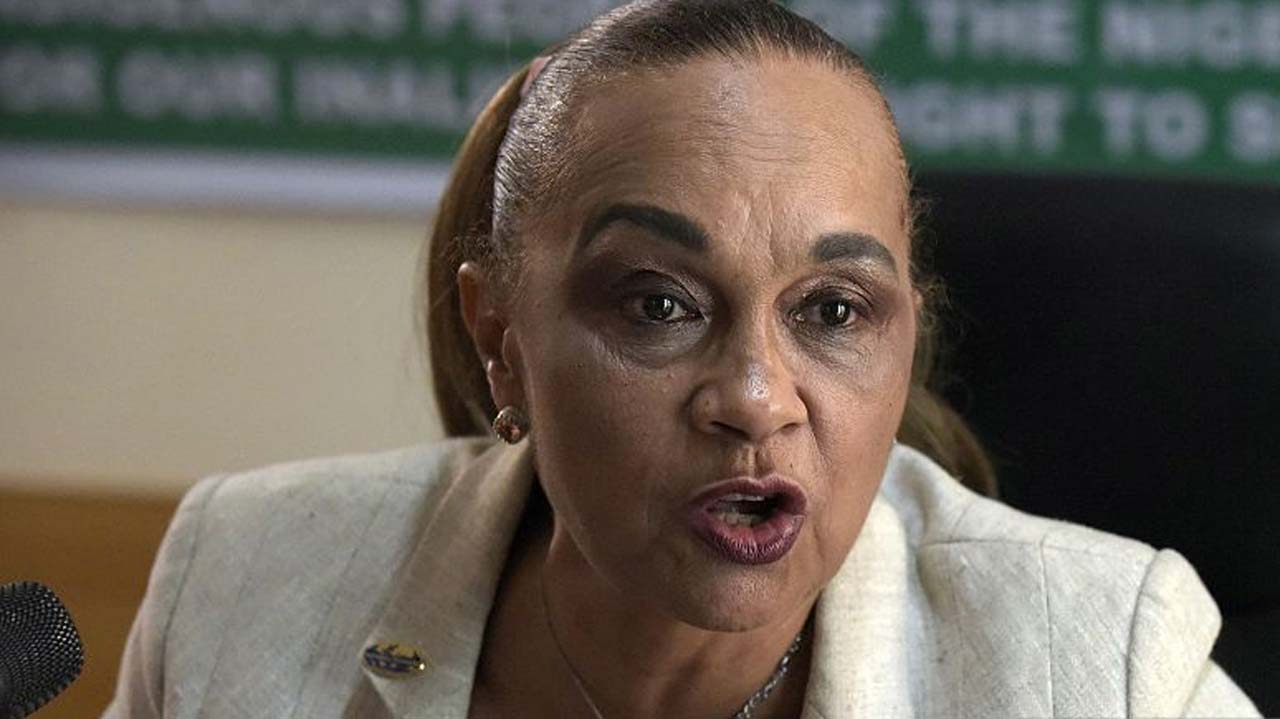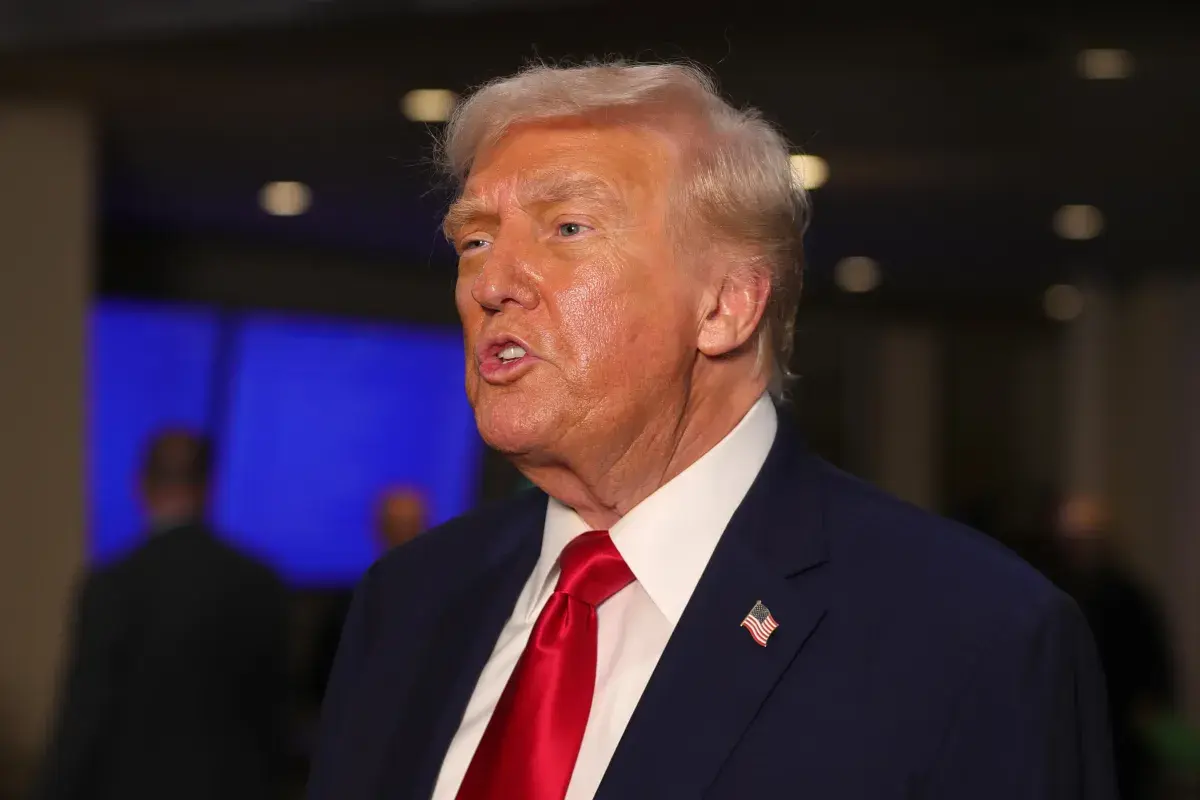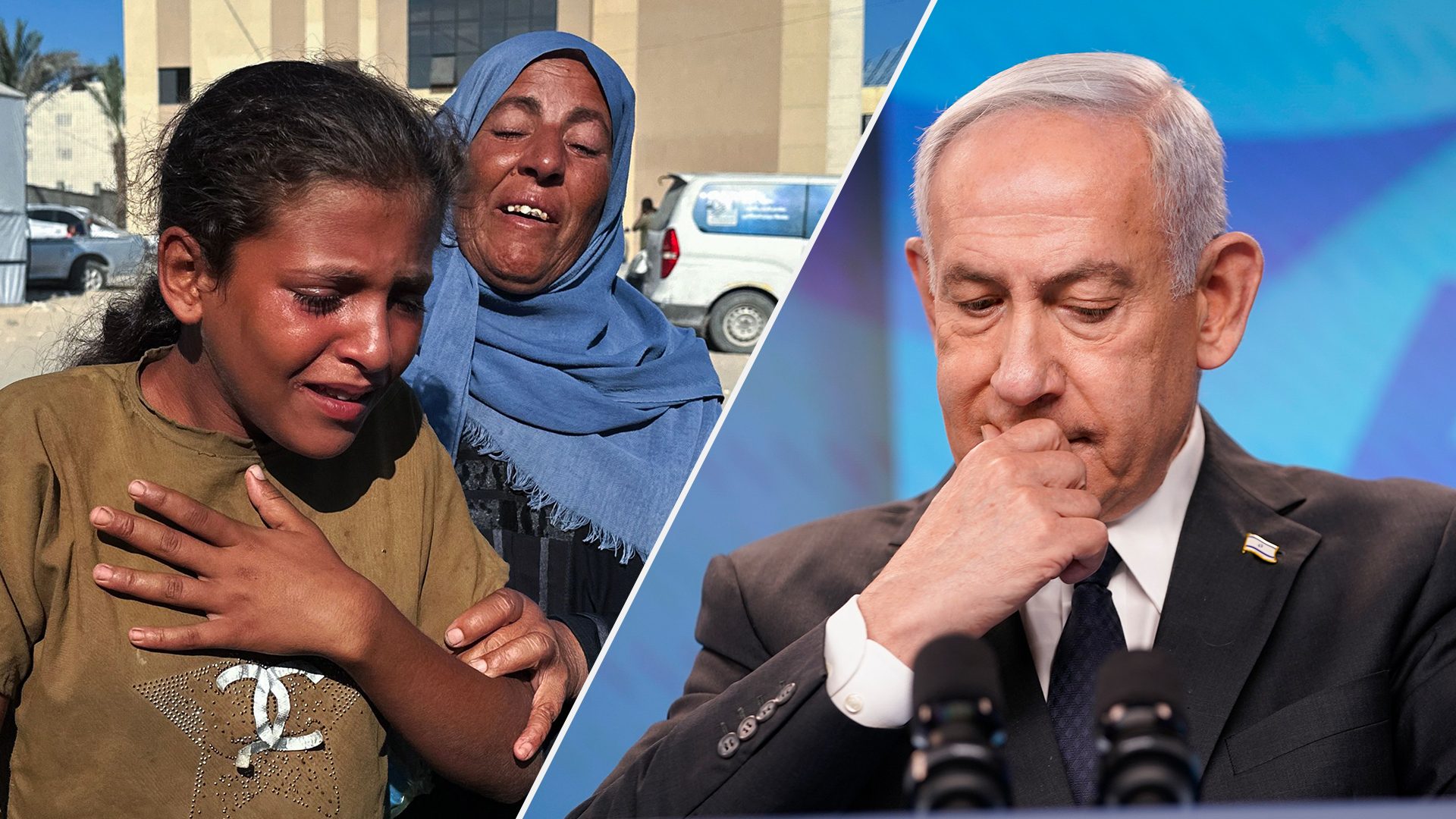A Papal Intervention and a Canceled Award: What (If Anything) Did Pope Leo XIV’s Comments Have to Do with Sen. Durbin’s Decision?
By Jonathan Liedl
Copyright ncregister

It all went down with breakneck speed: a papal intervention into a weekslong controversy in the Pontiff’s home city, followed just hours later by the abrupt end of the controversy in question. The next day, Catholics are still trying to understand what just happened.
A tumultuous five hours on Tuesday began at about 2 p.m. ET, when an EWTN Vatican journalist asked Pope Leo XIV to address the ongoing controversy over Chicago Cardinal Blase Cupich’s plan to give a “lifetime achievement award” to Sen. Dick Durbin, a baptized Catholic who has long advocated and voted for legalized abortion.
Back home in the U.S., the controversy had dominated headlines for nearly two weeks. Eight sitting diocesan bishops had publicly asked Cardinal Cupich to rescind the award over concerns that it would compromise the Church’s pro-life witness, a rarity for a group of men who tend to keep their disagreements private.
Furthermore, the story was front and center for Catholic media outlets across the ecclesial spectrum. It had even been picked up by secular media, including The Associated Press.
The Pope’s Response
EWTN Vatican’s query was the last of several questions posed to Pope Leo by members of the media during what have become regular weekly conversations between the Pope and the press as he arrives at Castel Gandolfo, where he typically spends his Tuesdays.
“I wanted to ask one thing that has become a divisive subject in the U.S. right now, with Cardinal Cupich giving an award to Sen. Durbin,” asked the reporter, Valentina Di Donato. “Some people are having a hard time understanding this because he is for legalized abortion. How would you help people of faith right now decipher that, feel about that, and how do you feel about that?”
In his response, Pope Leo XIV began by noting that he was “not terribly familiar with the particular case” before adding that “it’s important to look at the overall work that a senator has done during, if I’m not mistaken, in 40 years of service in the United States Senate.”
“I understand the difficulty and the tensions,” said Pope Leo XIV. “But I think as I myself have spoken in the past, it’s important to look at many issues that are related to the teachings of the Church.”
The Pope continued: “Someone who says, ‘I’m against abortion’ but is in favor of the death penalty is not really pro-life,” the Pope explained. “Someone who says, ‘I’m against abortion but I’m in agreement with the inhuman treatment of immigrants in the United States,’ I don’t know if that’s pro-life.”
“So they are very complex issues, and I don’t know if anyone has all the truth on them,” he said, “but I would ask, first and foremost, that they would have respect for one another and that we search together both as human beings, and in that case as American citizens and citizens of the state of Illinois, as well as Catholics, to say that we need to be close to all of these ethical issues. And to find the way forward as a Church. The Church teaching on each one of those issues is very clear.”
Strong Reactions
Pope Leo’s response sparked strong reactions back home in the United States. Some suggested that by emphasizing the need to look at all aspects of the Church’s social teaching, Pope Leo was clearly giving reason to question the logic of honoring a pro-abortion senator.
“The question is whether Durbin is pro-life,” wrote Phil Lawler at Catholic Culture. “By the Pope’s own statement, he is not. … Therefore Durbin should not be honored by a Catholic institution. Case closed.”
But others contended that by shifting the focus to self-identified pro-lifers who don’t follow Church teaching on immigration or the death penalty, the Pope was giving cover for the award.
For instance, a headline from Politico read: “Pope Leo defends Church honoring Durbin.”
But just hours after the Pope’s comments hit the wire, the debate over the meaning of his words was diverted. Because at about 7 p.m. ET, Cardinal Cupich announced that Durbin “had decided not to receive” the award. “While I am saddened by this news, I respect his decision,” said Cardinal Cupich in a two-page statement, adding that the award had been meant to recognize the Illinois Democrat’s “singular contribution to immigration reform and his unwavering support of immigrants.” Cardinal Cupich also lamented that neither major political party in the U.S. embraces the totality of the Church’s social teaching, adding that his outreach had been an attempt to encourage Durbin to “extend [his] good work to other areas and issues.”
Lingering Questions
The immediate controversy seems effectively over. But in the aftermath, people are still wondering what, if anything, Pope Leo’s comments and the subsequent announcement of Durbin’s decision had to do with each other.
Did Pope Leo XIV request that Cardinal Cupich’s award to Sen. Durbin be spiked? Or was the fact that the senator declined the award mere hours after the Pope’s comments purely coincidence?
Despite speculation being rife on social-media platforms like X, these, and other related questions, remain unanswered. But other relevant facts have emerged that add some important context.
At the end of last week, multiple sources had told the Register that the only likely “off-ramp” for Cardinal Cupich to not go through with giving the award would be for Durbin to decline it, given that the Chicago cardinal had already doubled down on his intent to give the award despite criticism.
Furthermore, The Pillar reported late last night that the U.S. Conference of Catholic Bishops was preparing to release a statement on the Durbin-Cupich situation, after several bishops had written into the conference requesting that the controversy be addressed. The report indicated that the apostolic nuncio, Cardinal Christoph Pierre, had been made aware of the development. Citing unnamed bishops, The Pillar also suggested that Cardinal Cupich may have shut down the award so as not to be seen as opposed by the USCCB, or because the nuncio had urged him to do so.
But while the controversy over the Durbin award might be over, what isn’t is the deep-seated divergence between some U.S bishops on the priority abortion should or should not have in their advocacy.
In November 2023, the USCCB voted to reaffirm that abortion is their “preeminent priority,” given its scope and the fact that it targets the most vulnerable members of the human family.
But a minority of bishops, including Cardinal Cupich, have long advocated for removing the “preeminent” language, arguing that in a polarized society, it undermines advocacy on other issues like immigration or care for creation.
This divide between the bishops will likely be in the background next month at the USCCB’s November meeting in Baltimore.
So, too, will questions of Pope Leo’s own priorities as they relate to the Church and society in the United States, especially considering that the bishops are set to elect a new conference president to a three-year term.
As Pope Leo has said in a Sept. 14 interview, he wants to influence American politics and society by engaging “with the bishops primarily,” as opposed to the more direct approach Pope Francis often took with figures like President Donald Trump. To do so will require good bilateral relations between the Pope and the bishops’ conference of his native land. That relationship will be defined in a major way at the upcoming USCCB meeting, which will now be colored by the dispute American Catholics just saw play out between their bishops.



